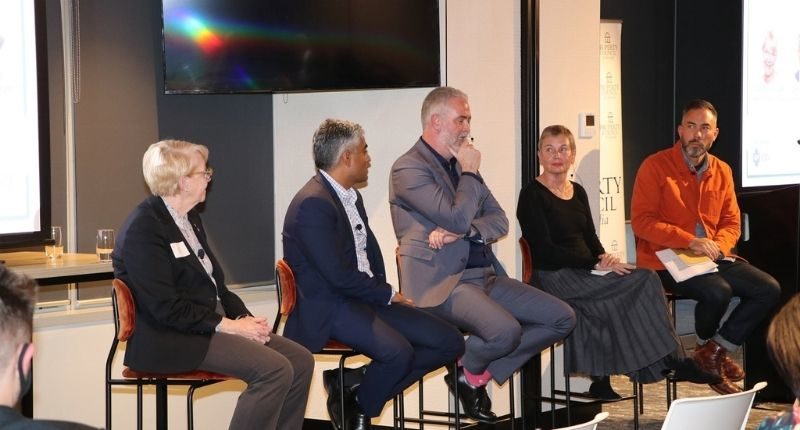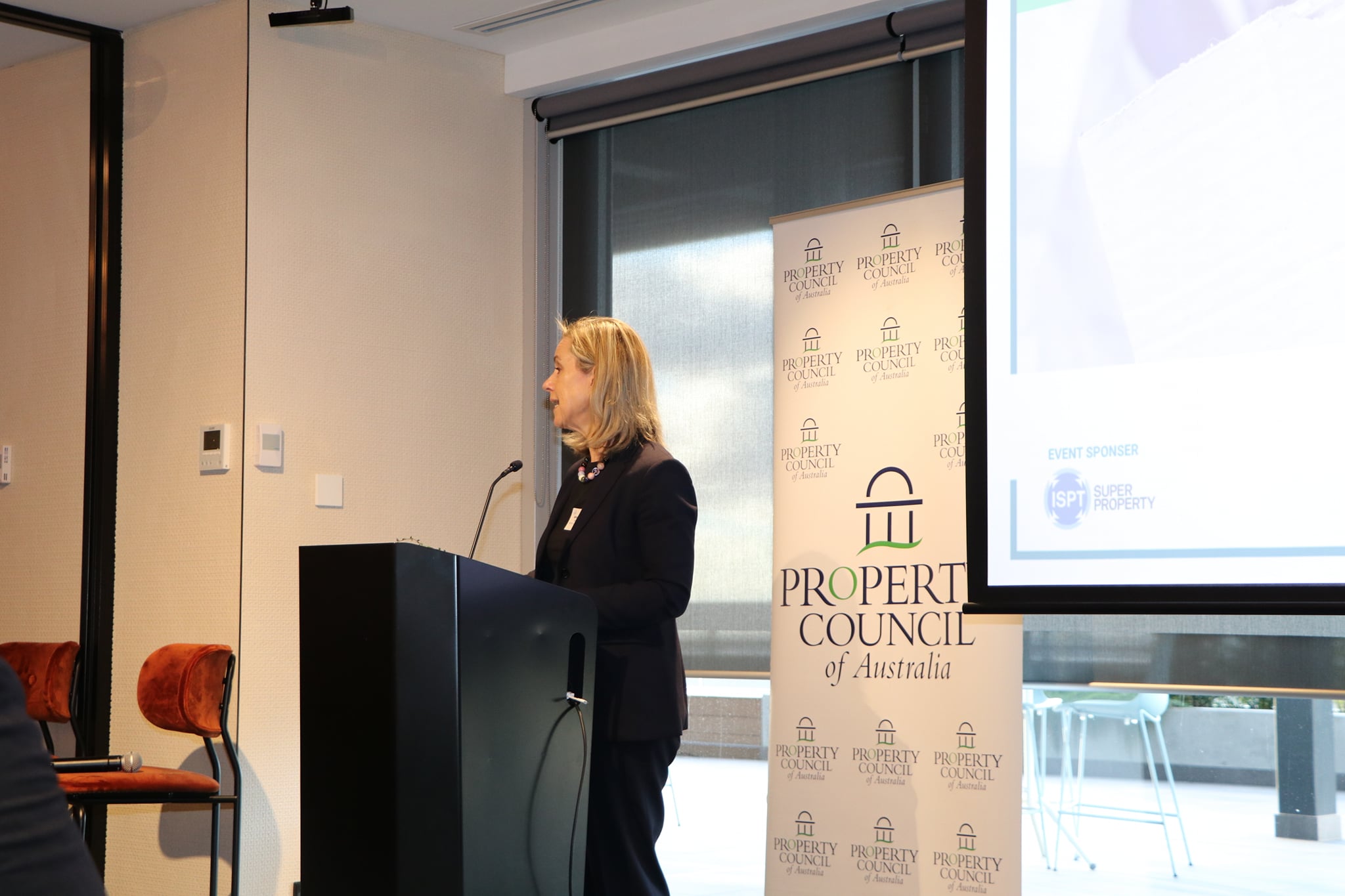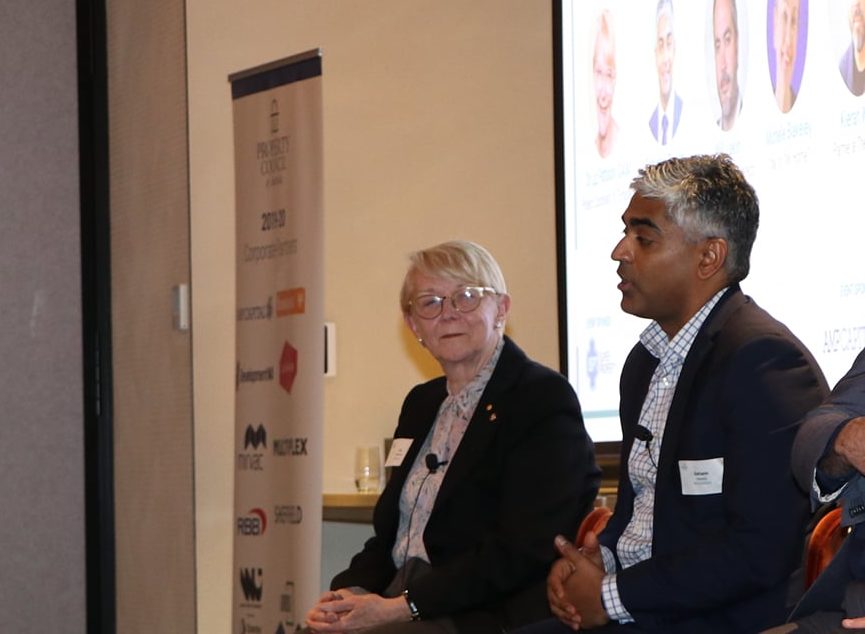
- Homelessness has a successful solution available
- Housing first will be the strategy taken forward in WA
- Challenges include low to no houses available to meet demand
“More often than not, homelessness occurs for a number of very complex reasons”, said WA’s Minister for Child Protection; Women’s Interests; Prevention of Family and Domestic Violence; Community Services, Simone McGurk.
It is easy then for some to throw the issue into the “too hard basket”, or worse, try to solve the challenge with good-willed patchwork.
Challenges
Well-meaning people and groups can sometimes undermine homelessness services, she argued at a recent Property Council event.
Minister McGurk said, “I receive a lot of donations, drives, soup kitchens and the like that will often drag people away from service providers that the government paid for, and have the expertise and relationships to do that work properly and we need to stop that, it is undermining good important work.”

Prevention of Family and Domestic Violence; Community Services. Image – Supplied.
The example was given that free food might be handed out down the road from an established provider and the homeless person may choose that meal, missing out on a raft of support that won’t and can’t be provided by a stand-alone soup kitchen.
Partner at Minter Ellison, Gehann Perera, also noted that some people fall through the gaps, with incomes that preclude individuals or families from social housing but also can’t meet the cost of private rentals.

Minister McGurk also said, data sharing between agencies or services might not happen due to privacy concerns, but streamlining and improving this “under the hood stuff” could lead to better outcomes.
The Minister also noted that some concerns about the homeless may be unfounded:
“You can’t conflate anti-social behaviour with homelessness, I spoke with the police and community safety people in Fremantle who said some of the people who are acting up are not homeless, they have accommodation, they come into Fremantle and get alcohol or buy drugs and the blame gets shifted to the homeless.”
Minister McGurk
Formula for success
Project Coordinator for Emplace, Dr Liz Pattison OAM, said homelessness is not a ‘wicked problem’.
A wicked problem was defined as a problem without a solution, “no matter how hard we try”.

Dr Pattison said such problems included domestic violence and challenges experienced by indigenous communities.
What’s the solution?
Housing first.
Providing permanent housing to homeless individuals, alongside a raft of support measures is the way forward, and Minister McGurk said the state government will be taking this on.
Chair of My Home, Michelle Blakely, said she heard an expert on homelessness, Dr Andrew Davis, speak about the housing first approach.
“He said, ‘the best way to help a homeless person is to give them a home.’ It was such a simple, logical statement.”
Michelle Blakely, Chair, My Home
The success rates are some 80% to 90%, but the complicating factor in Western Australia is the often reported lack of housing stock.
Dr Pattison said, “The problem in WA is, we don’t have stock to implement housing first at the rate we need to to make any dent at all in the backlog.”
It is also a team effort: it might take a village to raise a child, but it also takes a village to house the homeless.
In successful examples around the world, Dr Pattison said the community always played a key role in the solution: businesses, the property sector, and philanthropists working together.
Organisations in WA have had success with the model. Ruah ran a programme called 50 lives, 50 homes, and a similar scheme was run for 20 homeless people in Fremantle.
The Minister also noted the YHA lease on William Street did not meet the housing-first policy, but met a dire and immediate need in the community.
~~
Disclosure: The Property Tribune was a guest of the Property Council of WA.
The Property Council of Australia (WA) event included a keynote speech from Minister Simone McGurk and a panel comprised of Dr Liz Pattison OAM, Gehann Perera, Will Lakin, and Michelle Blakely, moderated by Kieran Wong.







